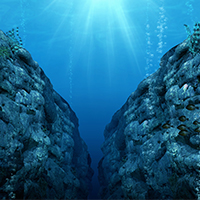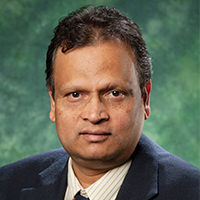
Francis D’Souza
Dr. Francis D’Souza, Distinguished Research Professor of Chemistry at the University of North Texas (UNT), is one of the most recent recipients of the prestigious Chemical Research Society of India (CRSI) Medal. The award recognizes, promotes, and fosters talent in Chemistry and Chemical Sciences in order to improve the quality of Chemical Education at all levels.
Dr. D’Souza, an ECS member since 1993 and ECS Nanocarbons Division member since 2014, says he is honored to receive recognition from his motherland, in an article by UNT.
“Previous awardees have been from top-rated institutions across the globe. Getting this award while at UNT is something special for me,” says Dr. D’Souza.
(more…)
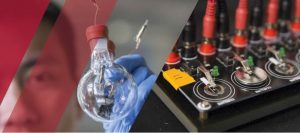 StorageX International Symposium
StorageX International Symposium



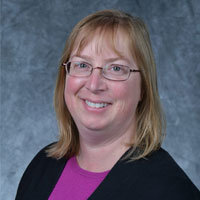
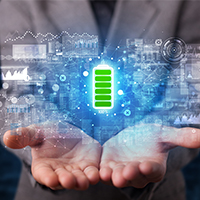
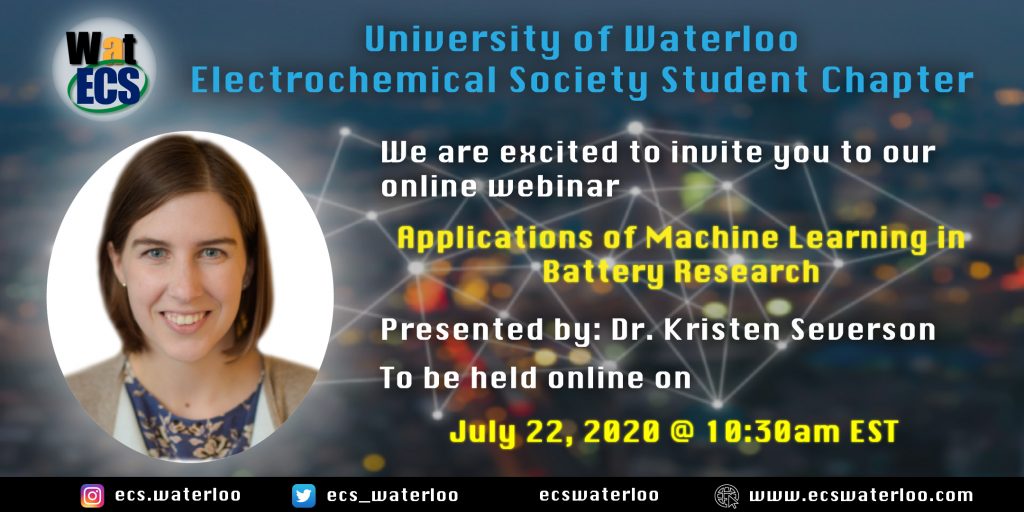

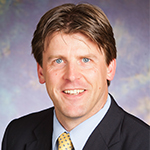
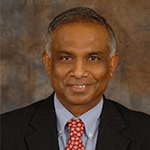 On June 17, 2020,
On June 17, 2020, 